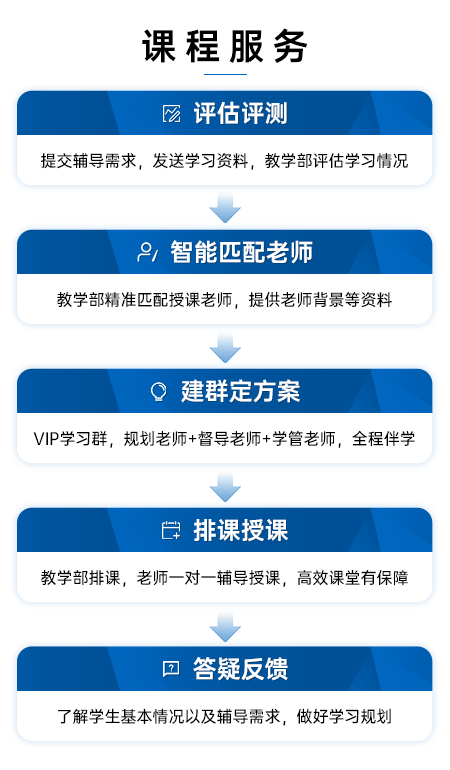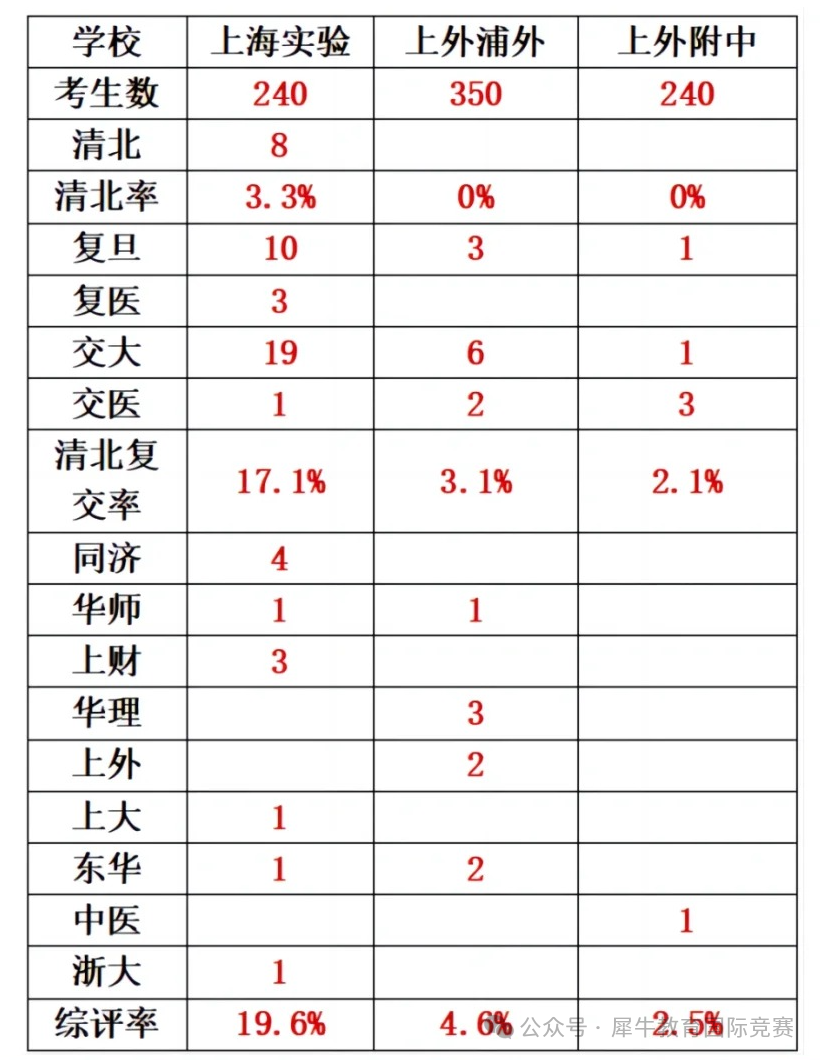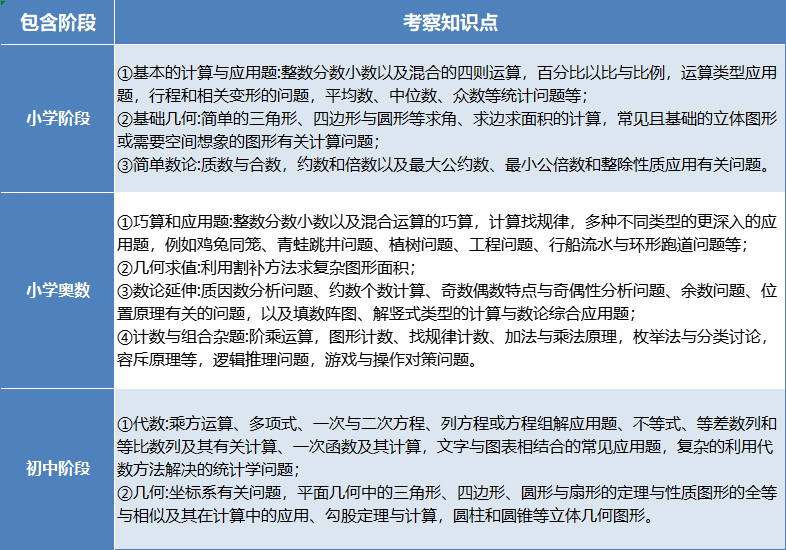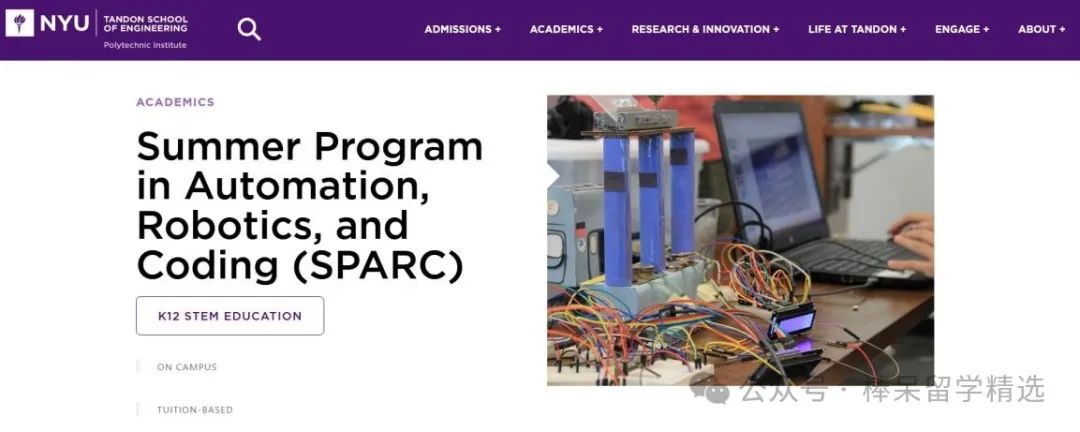冬季冠军赛即将开始,春季赛还会远吗?
上个月,WSDA对2024-25 WSDA春季赛PF辩题进行了征集,得到了同学们的热烈响应!从文物归属的深刻探讨,到面部识别技术的多元应用;从大学排名系统的公正性,再到动物实验的道德边界,每一个议题都闪耀着同学们对世界发展的敏锐洞察和深刻思考。
经过WSDA委员会热烈激烈的讨论,最终确定了两个入围辩题!现邀请WSDA会员对自己希望参与辩论的辩题进行投票,决出2024-25 WSDA春季赛PF最终辩题!
为了让大家在深入理解辩题的基础上做出决定,WSDA学术委员会提前为大家准备了辩题解析,一起来看看吧!
Topic 1:On Balance, the United Nations Sustainable Development Goals Project Has Been a Failure
总体而言,联合国可持续发展目标项目已宣告失败
In 2015, the United Nations launched the Sustainable Development Goals (SDGs), a comprehensive set of 17 global objectives aimed at addressing critical challenges such as poverty, hunger, inequality, and climate change by 2030. Building upon the framework of the Millennium Development Goals (MDGs), the SDGs were designed to mobilize international collaboration and encourage governments, businesses, and individuals to contribute to a sustainable future. With ambitious targets, the SDGs have served as a roadmap for global development over the past decade.
As the 2030 deadline approaches, the world has made notable strides in some areas, but significant challenges remain. Critics argue that progress has been uneven and that systemic barriers have hampered the project’s effectiveness. Proponents counter that the SDGs have catalyzed unprecedented international cooperation and fostered progress toward a better future. This debate examines whether, on balance, the United Nations Sustainable Development Goals project has been a failure.
Pro Arguments
1.Uneven Progress: Despite efforts, progress on many goals—such as eliminating poverty and achieving gender equality—has stagnated or regressed, particularly in low-income and conflict-affected regions.
2.Lack of Accountability: The non-binding nature of the SDGs allows nations to set their own benchmarks and timelines, often leading to insufficient or superficial implementation.
3.Worsening Global Challenges: Issues like climate change, rising inequality, and biodiversity loss have intensified, suggesting that the SDGs have not effectively addressed global crises.
4.Funding Gaps: Achieving the SDGs requires trillions of dollars annually, yet many countries and international organizations face significant resource shortages, undermining progress.
Con Arguments
1.Increased Awareness and Engagement: The SDGs have galvanized awareness about sustainable development and inspired actions by governments, NGOs, and private companies.
2.Localized Achievements: Some regions and nations have made substantial progress, such as expanding access to clean energy and education or reducing extreme poverty.
3.Framework for Global Cooperation: The SDGs have provided a unifying framework for international dialogue and collective action, fostering partnerships across sectors and borders.
4.Positive Trends in Key Indicators: In areas such as renewable energy adoption, child mortality rates, and access to clean water, measurable progress has been achieved, showcasing the potential of coordinated global efforts.
As WSDA debaters delve into this topic, they must weigh the achievements and shortcomings of the SDGs, considering whether the initiative’s benefits outweigh its limitations. This discussion is critical to understanding the complexities of global development and to guiding future efforts toward a more sustainable and equitable world.
Topic 2 :On Balance, Video Games Are More Beneficial Than Harmful for Adults
总体而言,电子游戏对成年人利大于弊
Video games have become a ubiquitous part of modern entertainment. Globally there are an estimated 3.09 billion active video game players. From casual mobile games to expansive multiplayer experiences, video games now encompass a wide variety of genres and platforms. They are not only a source of enjoyment but also a significant cultural and economic force, generating billions of dollars annually and shaping social interactions in digital spaces.
However, as the popularity of video games has grown, so too has the debate surrounding their impact on adults. Supporters highlight their cognitive, social, and psychological benefits, while critics emphasize potential risks to mental health, productivity, and relationships.
Pro Arguments
1.Cognitive Development: Studies suggest that video games can improve problem-solving skills, memory, and hand-eye coordination. Strategic games and puzzles, for instance, often challenge players to think critically and make decisions under pressure.
2.Stress Relief: Video games offer an engaging escape from daily stressors. Many adults find gaming to be a relaxing hobby that helps improve their overall well-being.
3.Social Interaction: Multiplayer games create opportunities for socializing and building connections, fostering a sense of community even for those who may struggle with face-to-face interactions.
4.Professional Applications: The rise of "serious games" and gamification in industries such as education and healthcare demonstrate the value of video games in skill-building and training.
Con Arguments
1.Addiction and Overuse: Some adults develop gaming addictions that negatively impact their work, relationships, and health. Excessive gaming can lead to sedentary lifestyles and sleep deprivation.
2.Mental Health Concerns: Prolonged exposure to violent or highly competitive games may exacerbate anxiety, aggression, or social isolation in certain individuals.
3.Productivity Loss: Time spent gaming can detract from professional and personal responsibilities, leading to missed opportunities for self-improvement or career advancement.
4.Financial Costs: For some, gaming becomes an expensive hobby, especially with in-game purchases, subscriptions, and hardware upgrades.
As this debate unfolds, WSDA debaters must weigh these benefits and harms to determine whether, on balance, video games serve as a net positive or negative influence on adults. By engaging in this discussion, students can better understand the nuanced effects of this pervasive form of entertainment.
究竟是哪个辩题能够成功突围?你又将为哪个话题输出观点?















